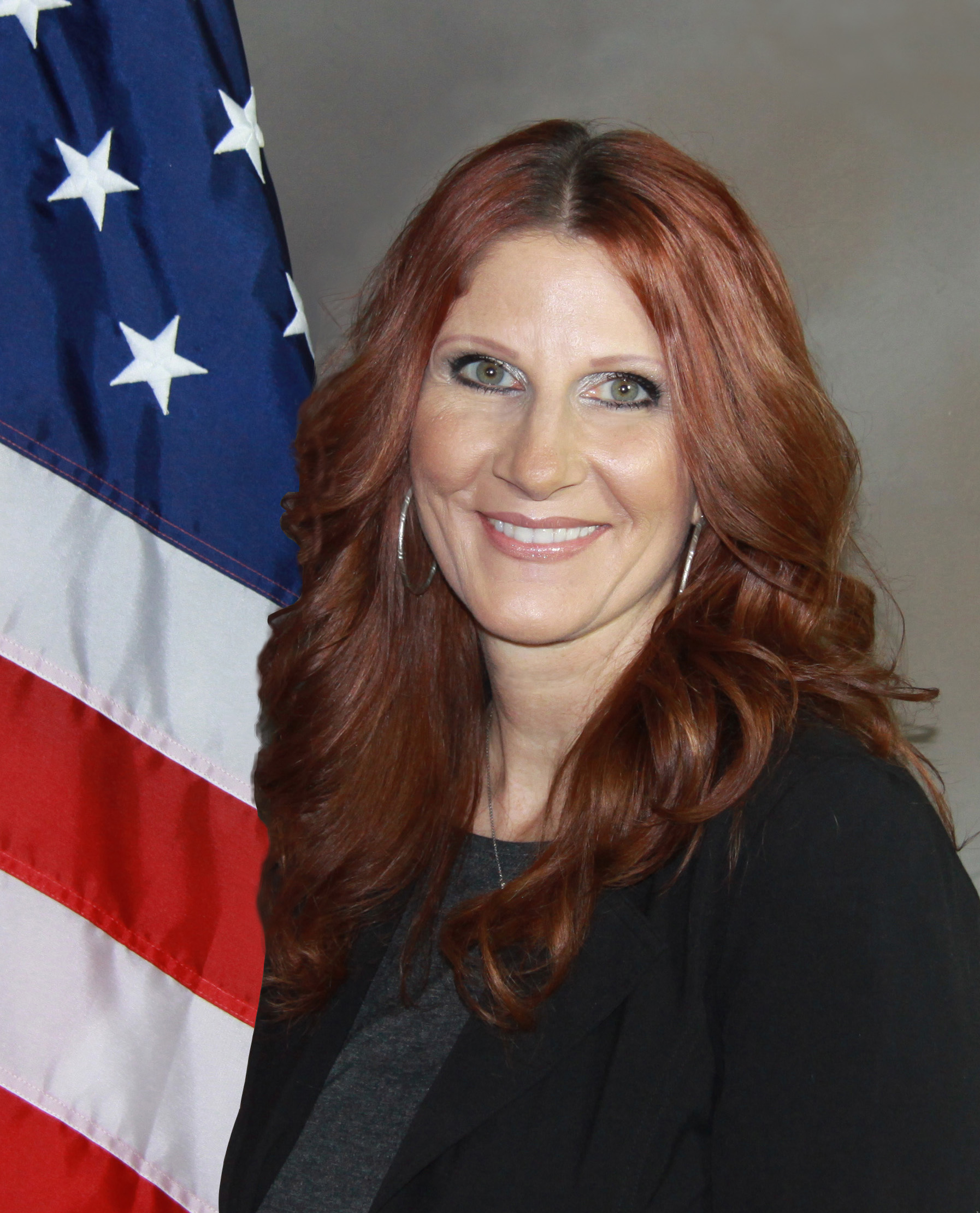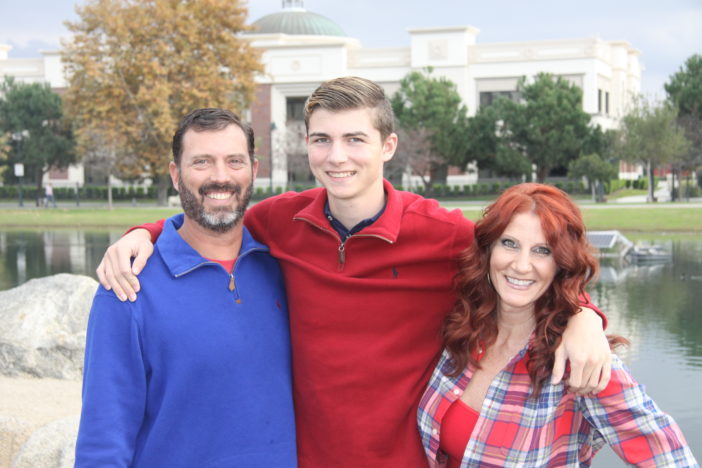Fourteen years ago, Lisa Wedeking-White was working as a police services technician for Bakersfield Police Department’s traffic unit.
It was here, while sifting through drivers licenses that Wedeking-White noticed a pattern.
Less than half of them were imprinted with a tiny pink dot, indicating the holder is registered as an eye, organ and tissue donor.
In the event of their own death, the license holder has committed to donate their organs to help save another life.
At the time, Wedeking-White could not have foreseen that one of those lives saved would be her own.
Fast forward to Feb. 27, 2020. On that day, Wedeking-White was the recipient of a new liver.
The liver was transplanted from a registered organ donor.
Prior to receiving the liver, Wedeking-White had been with a living with extremely rare liver disease called Primary Sclerosing Cholangitis, a disease affecting the bile ducts that can lead to cirrhosis, liver failure and death.
Wedeking-White was told she would not live more than 10 years without a liver transplant.
“I received a liver transplant as a result of a stranger’s generosity,” said Wedeking-White, who has been working from home since undergoing the transplant surgery. “That is ultimately what saved my life. I wouldn’t have made it to last Christmas.”

Lisa Wedeking-White, a crime lab tech with the Bakersfield Police Department, had to receive a liver transplant due to a rare liver disease. Even before undergoing transplant surgery, White was an advocate for organ donation. (Courtesy of Lisa Wedeking-White)
About 14 years ago, Wedeking-White was testing to become a police officer, when she twisted her ankle climbing a wall.
While treating the ankle, Wedeking-White’s doctor decided to do a complete physical, which revealed an abnormality with her liver.
For the first few years, there were no symptoms, Wedeking-White said.
But eventually, White had to make regular trips from Bakersfield to Cedar Sinai Medical Center in Los Angeles, where she underwent procedures that involved alleviating blockages in her bile ducts.
Wedeking-White got added to the national transplant list and was on the list 14 months before getting the transplant.
While waiting to be notified, Wedeking-White continued working, sometimes up to 60 hours per week.
“I was just powering through it,” Wedeking-White said. “My theory was that if I gave up and gave into it, I probably wasn’t going to get back up.”
Only her family and close friend’s knew of her ordeal.
When realizing the seriousness of his mother’s situation, Wedeking-White’s then 15-year old son Kolby immediately volunteered to be the donor.
“He wanted to see if he was a match,” she recalls. “But as a mom, I just couldn’t do it. What if something happened to him? I could never have forgiven myself. I know that the recovery is just as bad on the donor as it is on the recipient and I just didn’t want to put him through that.”
From the day she was diagnosed up to today, Kolby, now 19, has been a source of strength throughout the entire ordeal, Wedeking-White said.
“Everything I have done, every step I have taken, every surgery I’ve put myself through, it’s been 100 percent for my son,” she said. “He is just my absolute inspiration.”
Co-worker Destinie Martinez, plagued by her own serious medical issue, was one of those friends who knew what Lisa was quietly going through.
Martinez has a disease that affects her kidneys and there is a chance that she, too, might need to receive a donated kidney.
“Our job is unique,” Martinez said. “Not a lot of people understand it, so to have someone who understands the job on top of our health issues has been huge for both of us. It’s been a good support system to have.”
Wedeking-White was spending nights at Cedar Sinai and was notified at 1 a.m. that there was a liver and she was about to get prepped for surgery.
“Within two minutes of being notified, they are wheeling me down the hall,” she recalls.
The next few days were a blank, she said.
Less than two months ago, Wedeking-White was considering having a celebration on the one-year anniversary of her transplant.
She ultimately decided not to commemorate the anniversary with any type of party.
“Another family was mourning a loss,” Wedeking-White said. “I felt guilty rejoicing about it.
Martinez, meanwhile, continues to be inspired by her friend.
“I think it is definitely encouraging,” Martinez said. “It’s just that you know it is possible. If you ever get put on the transplant list you can recover from it. You can come back from it.”
So far, the donor’s family has chosen to remain anonymous
But if the time comes when the family is willing to be notified, Wedeking-White knows what she would tell them.
“That I will continue to honor them and live a good happy, amazing life in their honor,” she said.
In the meantime, White does have a message to share:
“Register to become an organ donor. Have a pink dot imprinted on your driver license.”
For information on becoming an organ donor, go to organdonor.gov or donatelifecalifornia.org

As a crime lab technician with the Bakersfield Police Department, Lisa Wedeking-White must sometimes fly over crime scenes to get a better perspective (Courtesy of Lisa Wedeking-White)
 Behind the Badge
Behind the Badge



